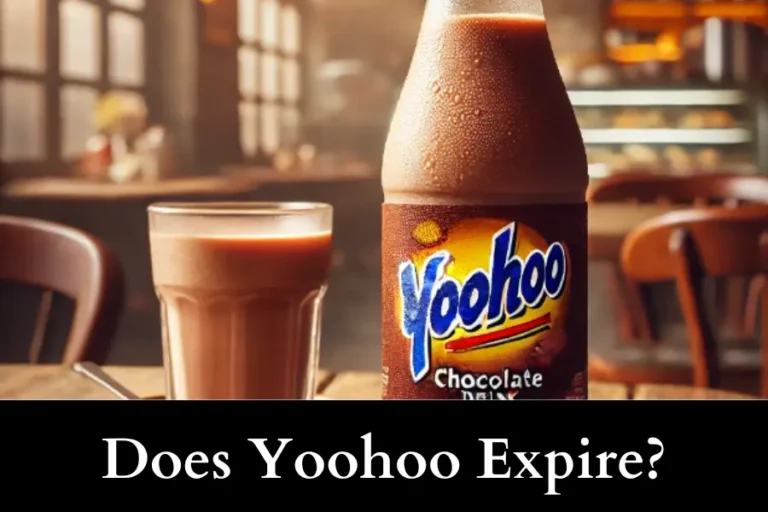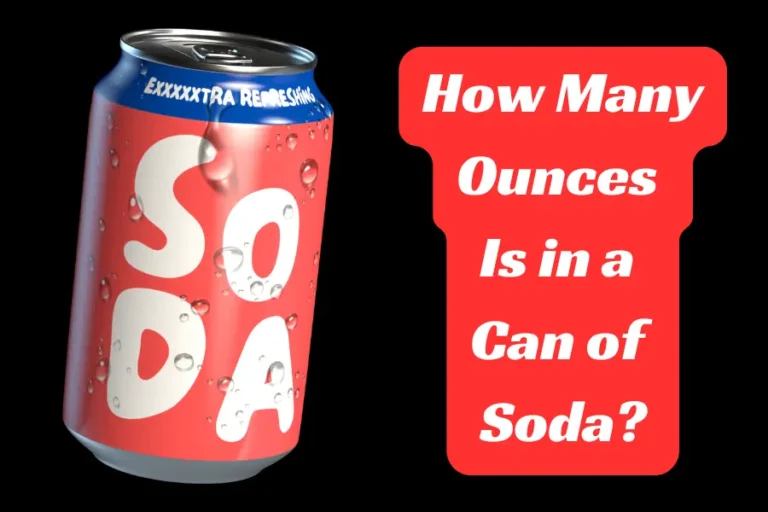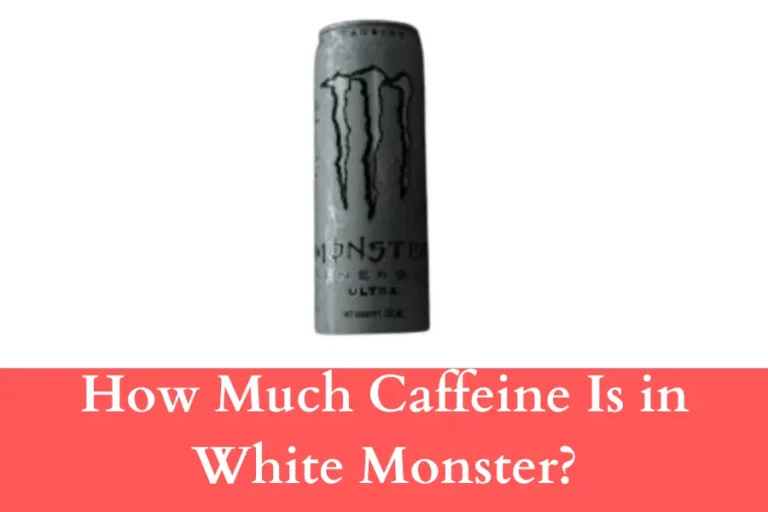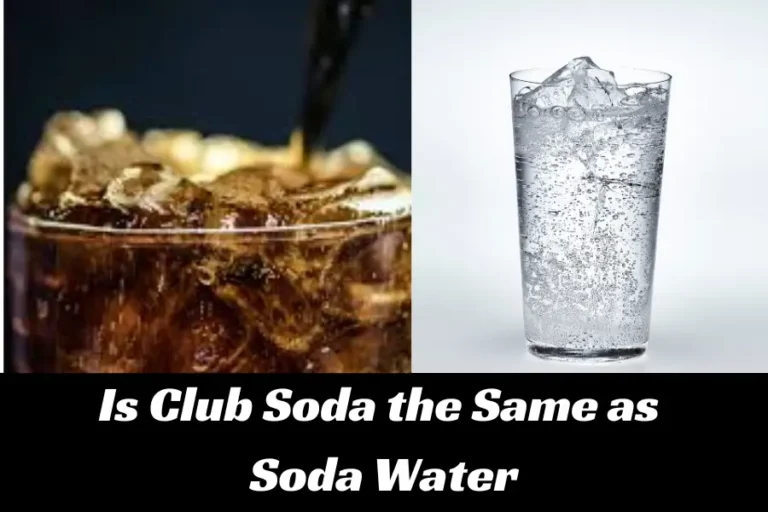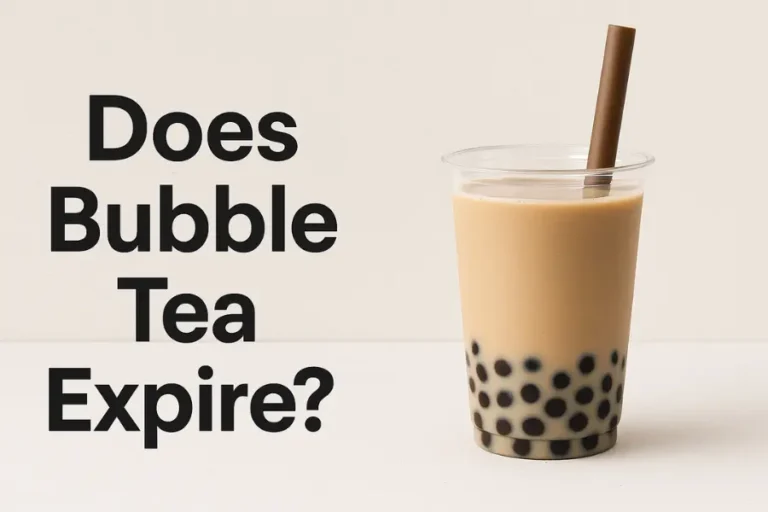Why Don’t Energy Drinks Work on Me? 5 Reasons To Know
Have you ever cracked open a cold energy drink, expecting a jolt of energy, but felt nothing? No buzz. No focus. No boost. Just the same tired feeling, maybe with a weird aftertaste.
I’ve been there. I used to wonder if something was wrong with me.
So if you’re asking, “Why don’t energy drinks work on me?”, I’m here to tell you—you’re not alone. And there are real reasons this happens. Let’s break it down, step by step.
What’s Inside an Energy Drink, Anyway?
To understand why they might not work, we need to first understand how energy drinks are supposed to work.
Most energy drinks have a few main ingredients:
- Caffeine (the main stimulant)
- Sugar (for quick energy)
- Taurine, B Vitamins, and herbal extras like ginseng or guarana
When everything works, you should feel alert, focused, and ready to go.
Why don’t energy drinks work on me? 5 Possible Reasons

Energy drinks may not work due to:
- High caffeine tolerance
- Fast caffeine metabolism (genetics)
- Sugar crashes
- Dehydration
- Lack of proper sleep.
Real energy comes from rest, hydration, and healthy habits—not from drinks alone.
Reason 1. You Might Have a High Caffeine Tolerance
Let me ask: How much caffeine do you usually consume in a day? If you’re like me, and you drink coffee regularly, your body might have built a tolerance.
I remember when I used to drink three cups of coffee every morning, just to feel normal. When I switched to energy drinks, they didn’t do much. That’s because my body was already used to caffeine. It didn’t get shocked or excited by the amount in energy drinks.
Think of it like this: If you’re used to loud music, a regular-volume song doesn’t feel loud. Same with caffeine. Your body just doesn’t react the same way anymore.
Pro Tip: If you think you have high tolerance, try taking a break from caffeine for a few days. Then try an energy drink again. You might be surprised how strong it feels after a reset.
Reason 2. Your Genes May Be the Reason
Now here’s something that blew my mind: Caffeine sensitivity is in your genes. Some people have a genetic makeup that makes them process caffeine very fast. Others process it slowly.
If you metabolize caffeine fast, energy drinks might not affect you because the caffeine is out of your system too quickly. It doesn’t get a chance to really build up and make you feel alert.
There’s even a test for this, called a DNA caffeine sensitivity test. I haven’t done it, but I’ve read about people finding out they’re fast metabolizers—and it explained everything.
Reason 3. Energy Drinks Aren’t Magic — They Can’t Replace Sleep
I used to expect energy drinks to fix my exhaustion. But when you’re really tired, no amount of caffeine can trick your body into having energy. It’s like trying to patch a flat tire with duct tape. It might hold for a second, but it’s not a real fix.
I’ve learned that sleep, food, and hydration are the real energy sources. If those are missing, energy drinks won’t do much. Maybe a slight boost, but not what you’re hoping for.
Reason 4. Sugar Crashes Are Real — And They Suck
Ever had that burst of energy from a sugary drink, only to feel even worse later? That’s a sugar crash.
I remember drinking a super-sugary energy drink before a gym session. Felt awesome for about 20 minutes. Then I felt sluggish, dizzy, and more tired than before. That’s because sugar spikes your energy, then drops it fast.
Not all energy drinks have sugar, though. If you’re sensitive to sugar crashes like I am, sugar-free energy drinks might be better. But even then, they still might not work if your body isn’t reacting to caffeine.
Reason 5. You Could Be Dehydrated or Low on Nutrients
Here’s something I didn’t realize at first: Caffeine is a diuretic, which means it can make you lose water.
If you’re already dehydrated, an energy drink won’t help. In fact, it might make you feel worse. Tired, dizzy, maybe even a headache.
Same goes for vitamins and minerals. Your body needs certain nutrients to make energy—things like magnesium, B vitamins, and iron. If you’re low on those, no energy drink can fill that gap.
I once went a whole day just drinking energy drinks without real water or food. I felt awful. Now I always drink water first before reaching for an energy drink.
When energy drinks don’t seem to work, people often start digging into different theories—some even ask, is Monster Energy Drink satanic, thanks to a viral conspiracy. While it might sound wild, this theory has gained attention and stirred plenty of debate.
So, What Actually Works for Real Energy?
After years of trying different drinks, pills, and hacks, I’ve realized one thing: Real energy comes from taking care of your body.
Here’s what works for me:
- Good sleep — I aim for 7–8 hours. Sleep debt catches up fast.
- Drinking water — First thing in the morning, I drink a big glass. It wakes me up better than caffeine sometimes.
- Light exercise — A short walk outside gives me more energy than any drink. I was shocked by how effective this is.
- Cold showers — Instant wake-up. No joke. It’s uncomfortable but energizing.
I’m not saying I never drink energy drinks anymore. But I use them as a boost, not a fix. If I’m well-rested and hydrated, an energy drink might help me focus more. If I’m running on empty, it does nothing.
If your regular energy drinks aren’t giving you a boost, you might want to try something new like Hawk Tuah Red Bull, a tropical twist on a classic energy drink. Many people are curious where to find it, especially with all the hype around it.
Why do energy drinks make me tired instead of energized?
Energy drinks can make you tired due to:
- Sugar crashes
- Dehydration
- Caffeine sensitivity.
Note that many energy drinks contain high sugar, which causes a quick energy spike followed by a crash. For example, one can may have 27g of sugar, leading to sudden fatigue after the spike.
Also, caffeine can cause dehydration, which makes you feel more tired, not less.
Also, some people are sensitive to caffeine or are already very fatigued, so instead of feeling energized, they feel jittery, then exhausted. I’ve felt this—especially when drinking an energy drink on little sleep or without water.
Why does caffeine not affect me even though I don’t drink it?
Caffeine may not affect you due to genetics, fast metabolism, or brain chemistry. Some people have genes that make them metabolize caffeine quickly, so it leaves the body too fast to work. Studies show around 10% of people have this trait.
Your brain’s adenosine receptors may also react less to caffeine, meaning it doesn’t block sleepiness well.
Even without regular caffeine use, your body might not respond. I know people who rarely drink caffeine and still feel nothing.
Do energy drinks work on people with ADHD?

Energy drinks may help some people with ADHD focus, but results vary by individual. Keep in mind that caffeine can boost dopamine, which helps with attention. That’s something people with ADHD often lack. For some, this improves focus and alertness.
I’ve seen ADHD friends use small doses of caffeine to concentrate better.
However, others feel no effect or worse symptoms, like anxiety or distraction. Also, the sugar in energy drinks can cause energy crashes. Energy drinks are not a treatment for ADHD and work differently than ADHD medications.
If energy drinks don’t work for you, you might think about alternatives, but can you drink Sprite as an energy drink? Some people try, but there are risks you should know about first.
Why do energy drinks make me pee?
Energy drinks make you pee because caffeine is a diuretic that increases urine production. In simpler words, caffeine tells your kidneys to release more water. Even 100 mg of caffeine (common in energy drinks) can cause this. Combine that with drinking large volumes of liquid, and you’ll need to pee more often.
My experience: After just one can, I’m in the bathroom soon after. This fluid loss can lead to dehydration, making it important to drink water alongside energy drinks.
Will energy drinks keep me awake?
Energy drinks can keep you awake because caffeine blocks the sleep chemical adenosine. Most energy drinks have 80–300 mg of caffeine, which is enough to stay alert for about seven hours. If you’re sensitive, one drink can keep you up all night.
However, some people with high caffeine tolerance may feel little effect. Timing also matters. Drinking caffeine after 4 PM can disrupt your sleep cycle.
Why do energy drinks make me poop?
Energy drinks can make you poop because caffeine speeds up digestion and gut movement. Simply put, caffeine triggers a reflex called the gastrocolic reflex, which signals your bowels to move. That’s why many people need to use the bathroom after caffeine.
Energy drinks may also contain artificial sweeteners or acidic ingredients that upset your stomach.
Final Thoughts
If energy drinks don’t work for you, nothing’s wrong with you. Your body might just process caffeine differently, or you might have built up tolerance.
Instead of chasing that perfect drink, try listening to your body. See what works for you naturally. For me, the biggest energy boosts come from sleep, water, and movement.


